Polymeric bonding powder
- Highly durable and resistant to freeze-thaw cycles
- Strong adhesion to tile and ceramic surfaces
- Completely impermeable to water and moisture
- Offers excellent resistance to acids and cleaning agents
Description
Polymeric bonding powder
Polymeric bonding powder is cement-based and consists of organic chemicals, mineral powders, and acrylic resins. This composition ensures a strong and uniform bond between tiles. In addition to filling the joints, it enhances adhesion and improves surface resistance to water penetration. Using ready-to-use grout mixtures, tailored to the type of tile and environmental conditions, can significantly improve quality, durability, aesthetics, and work efficiency.
Tile and ceramic grouting is a crucial step in the tiling process, playing a significant role in completing the work and enhancing its overall quality. Proper grouting not only fills the gaps between tiles but also contributes to waterproofing and the aesthetic appeal of the project. Traditional methods such as slurry application are now outdated, and various modern products are available for this purpose. One of the most common of these products is polymer-based grout powder.
Moreover, by adding organic and mineral pigments to these powders, attractive colored grout can be created. Cement-based polymer grout provides excellent adhesion and long-lasting durability. This product also optimizes production processes, reduces execution costs, and enhances the performance of cementitious systems, delivering desirable results in construction projects.
Features and Effects Polymeric bonding powder
- High resistance to freeze-thaw cycles
- Exceptional adhesion to tile and ceramic surfaces
- Complete impermeability to water and moisture
- Easy application without the need for specialized skills
- Excellent resistance to acids and cleaning agents
- Ability to add mineral and organic pigments to create colored grouts
- Suitable for use on all horizontal and vertical surfaces
- No shrinkage or contraction over time
- No dripping or sagging during application
- Strong adhesion to the edges of tiles, ceramics, and underlying surfaces
- Adequate flexibility to prevent cracking and structural damage
- Heat resistance with stable performance in temperature variations
- Durable against chemicals and corrosive substances
More products: Tile Adhesive
Applications Polymeric bonding powder
- Ideal for sealing all joints and gaps up to a depth of 15 mm
- Suitable for grouting concrete and cement components
- Applicable for grouting artificial stones
- Perfect for sealing around bathtubs and toilet fixtures
- Appropriate for grouting various types of tiles, ceramics, mosaics, and stones
- Usable in permanently wet areas such as swimming pools, bathrooms, and saunas
- Capable of completely filling all gaps and joints
How to Use
For Grouting Newly Installed Tiles and Ceramics:
Mix a 20 kg bag of Polymeric bonding powder with approximately 5 to 6 liters of water. Spread the mixture evenly over the desired surface, and immediately clean the tile surface with an absorbent cloth to ensure the grout material fills the joints properly and is removed from the tile surface.
For Repairing Old Grout Lines:
First, remove the old grout from the tile joints using a spatula or a sharp tool. Then, clean any weak, greasy, or contaminated areas using a brush or water pressure. Next, prepare the grout by mixing anti-acid grout powder with water and apply it to the joints.
Note: The water-to-powder ratio differs for floors and walls:
- For horizontal surfaces or floors, add more water to create a slurry-like mixture.
- For vertical surfaces or walls, use less water to make a thicker paste that adheres better to the wall surface.
Table of Physical and Chemical Properties
| state of | Powder |
| Color | Custom |
| Special Weight | 1/7 gr/cm3 |
| standard | C928 |
| Chlorine ion | Does not have |
Packaging
5 kg Bag

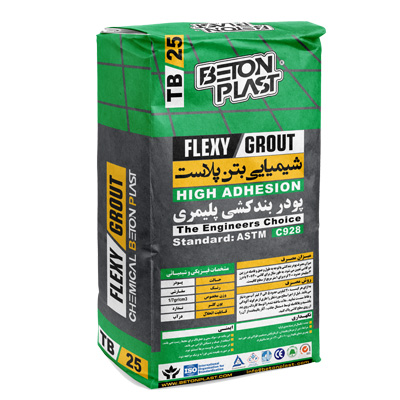
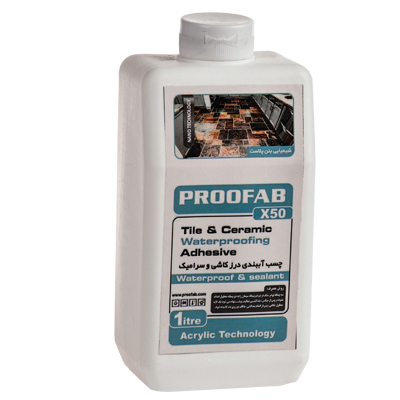
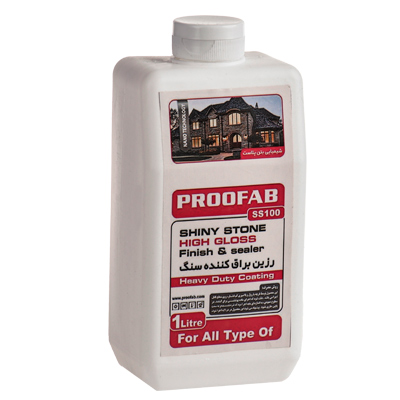
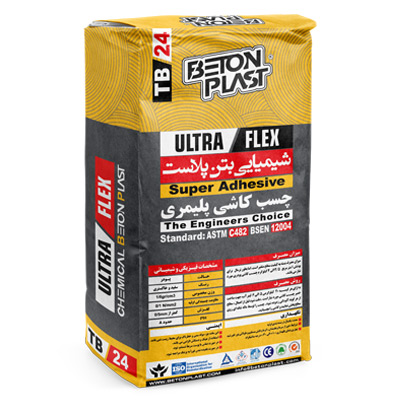
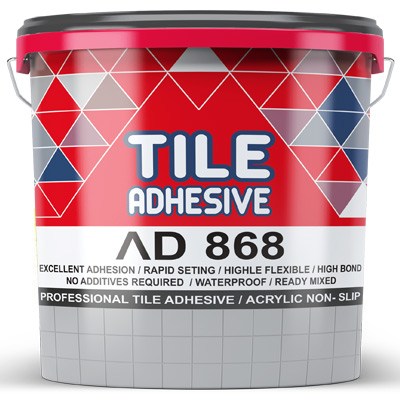
Reviews
There are no reviews yet.